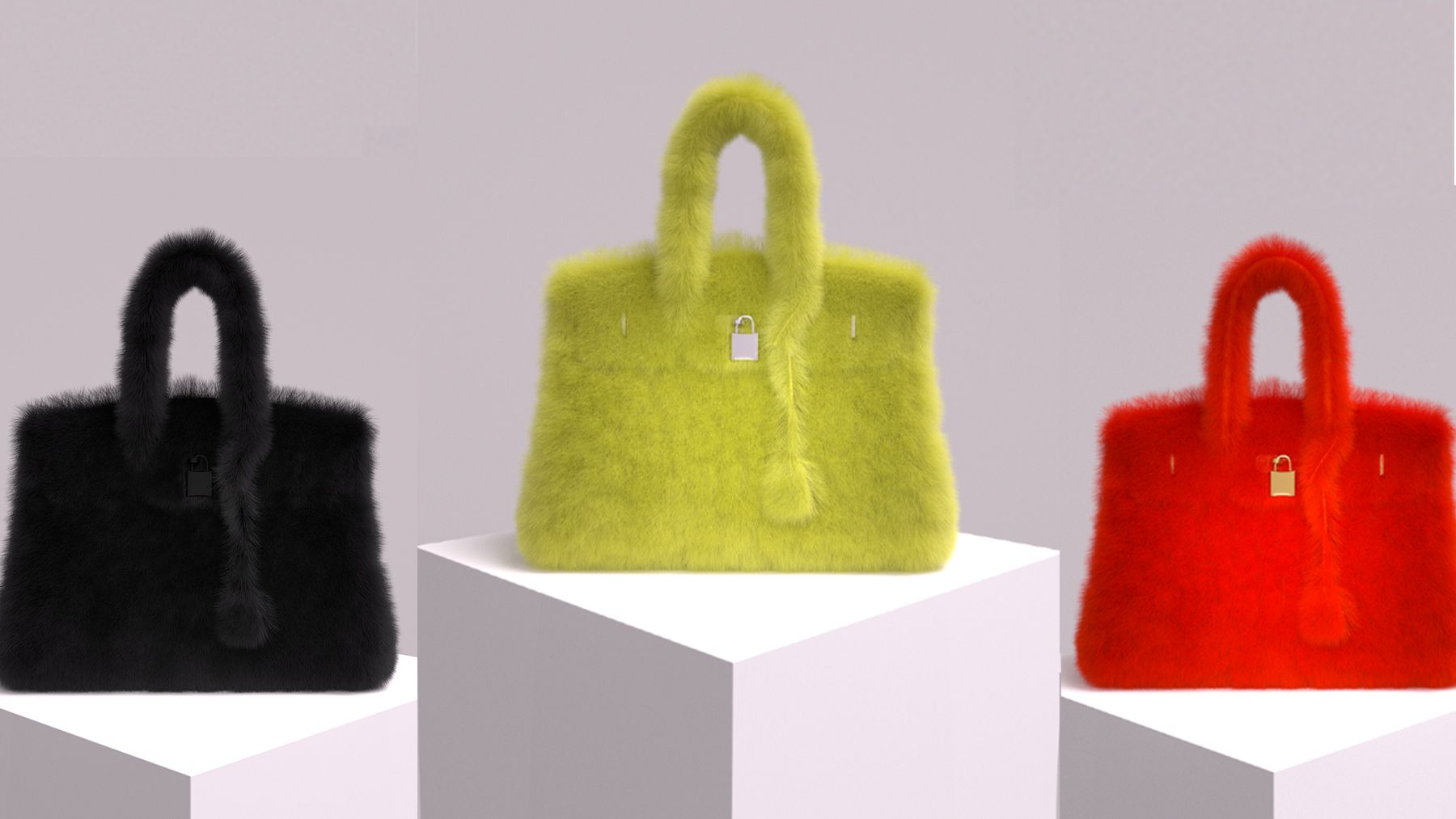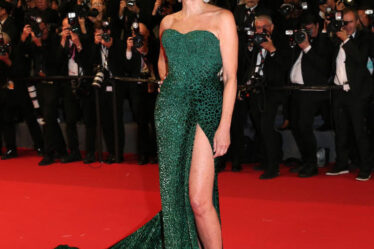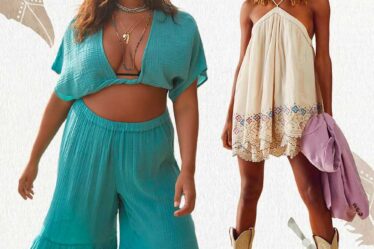
Mason Rothschild lost.
The jury sided with Hermès over the MetaBirkins creator after multiple days of deliberation, including a moment where it indicated it was struggling to reach a decision, marking the culmination of a year-long legal battle in which Rothschild fought the Birkin bag maker’s claims his MetaBirkin NFTs infringed its trademarks.
“We were confident throughout that whole process,” Rothschild said, speaking via video from Los Angeles, where he returned after the trial, on a call joined by two of his attorneys, Rhett Millsaps and Christopher Sprigman. “For me, personally, I don’t understand how it ended up in this spot.”
To prove its point, Hermès’ legal team brought in multiple experts and displayed private texts and emails from Rothschild, whose real name is Sonny Estival, revealing that he didn’t create the MetaBirkin imagery himself — a hired designer did the work — and that he encouraged others to publicly pump his project. Rothschild’s attorneys countered that his work is art, protected as free speech under the First Amendment to the US Constitution, and that he’s allowed to be a savvy marketer.
While Rothschild says he’s relieved the trial is over, his fight isn’t done. He and his team are preparing an appeal, expected in the coming months, and are treating the loss as an opportunity to take the case to a higher court — assuming one will hear it.
If their appeal moves forward, it’s sure to be closely watched. Rothschild’s series of 100 multi-coloured, fur-covered digital renditions of the Birkin plunged right into the middle of the debate over how the law should treat NFTs. Though, in the end, the technical nature of the MetaBirkins wasn’t what the case hinged on.
“It really is less about NFTs than it is about the desperate need to have a line between what is artistic expression and what is trademark infringement,” said Susan Scafidi, academic director of the Fashion Law Institute at Fordham University.
The blurry line between art and infringement is key to Rothschild’s appeal. In the meantime, he’s dealing with the trial’s outcome.
Rothschild’s Argument for Appeal
Rothschild’s lawyers claim technical faults and bigger problems swayed the trial’s outcome. Judge Jed Rakoff instructed the jury to first consider whether the MetaBirkins infringed and diluted Hermès’ trademarks, then to determine whether Rothschild was “cybersquatting” by registering the Metabirkins.com domain. “If, and only if,” Rothschild were liable on any of the counts, Rakoff wrote, were they to consider whether he was protected by the First Amendment.
Ordering the instructions that way made the First Amendment protections given to art seem like a technicality, according to Milsapps, and that wasn’t the team’s only issue.
“They also in our view just didn’t follow the law,” Sprigman said, referring to Rogers v. Grimaldi, a case in the late 1980s that determined an artwork infringes on a trademark if its use of the mark has no artistic relevance to the work or if it “explicitly” misleads viewers as to the source or content of the mark.
“There is no evidence that I explicitly misled anybody,” Rothschild said, pointing to the fact that he never stated publicly or privately that Hermès was behind the MetaBirkins.
To Sprigman, calling them “MetaBirkins by Hermès” would be explicitly misleading but MetaBirkins on its own is not.
“Rather than instructing the jury on the law, the judge took another tack and basically said, ‘You can hold Mason liable if you determine that he intended there to be confusion,’” Sprigman said.
Not everyone might agree with that assessment, of course.
“The connection made to the consumer’s mind in trademark law doesn’t require the consumer to remember the name of the company, only to remember that, yes, there is a single source of this mark,” Scafidi said.
It’s possible the jury saw apparent intent coupled with deliberate actions and deemed Rothschild’s use of the Birkin name and image enough to be explicitly misleading.
The US Southern District Court, where Rakoff holds his seat, said it doesn’t comment on outcomes as standard practice. BakerHostetler, the law firm that represented Hermès in the case, directed BoF to Hermès, which did not respond to a request for comment.
The Business of Art
Rothschild stands by his argument that the MetaBirkins were art. Their point was to question whether the value consumers bestow on the iconic bag is about the high-end materials and craftsmanship or about the Birkin’s status symbolism.
He doesn’t believe the fact that he didn’t produce the MetaBirkin imagery himself was a factor in the verdict. Plenty of artists have teams that execute their concepts, just as plenty of artists try to profit from their work.
“My inspirations aren’t Van Gogh and Monet,” Rothschild said. “I appreciate the art that they do, but I grew up on Virgil Abloh, Damien Hirst, Kaws and [Daniel] Arsham.”
As part of its verdict, the jury awarded Hermès $133,000 in damages, including $23,000 for cybersquatting and $110,000 in estimated net profits earned by Rothschild on sales and royalties from secondary sales of his MetaBirkins.
Rothschild said that figure was “way off.” He sold the MetaBirkins in the cryptocurrency ETH for the equivalent of about $450 at the time. But the value of ETH has plunged since, and Rothschild said he doesn’t generally convert his ETH to dollars. His actual profits were maybe a quarter of the amount estimated, he said.
The trial hasn’t apparently hurt his ability to keep working in the NFT space. In recent months he has launched an art and web3 studio called Gasoline whose clients now include crypto company MoonPay and e-sports organisation Faze Clan. He also designed the NFT ticket for the 2022 Scope Art Fair in Miami. Terminal 27, the fashion boutique he co-founded with partner Ericka del Rosario, continues hosting parties and events.
As for the MetaBirkins themselves, neither the judge nor jury gave any instructions on what’s to be done with them, and Hermès hasn’t made any demands, though it still could. For now, they’re in the hands of those who bought them. They’re still available on the marketplace LooksRare, though it’s been months since one sold.
More pressing for Rothschild is his legal fight: it’s now up to a court to decide whether to hear the appeal or not.



